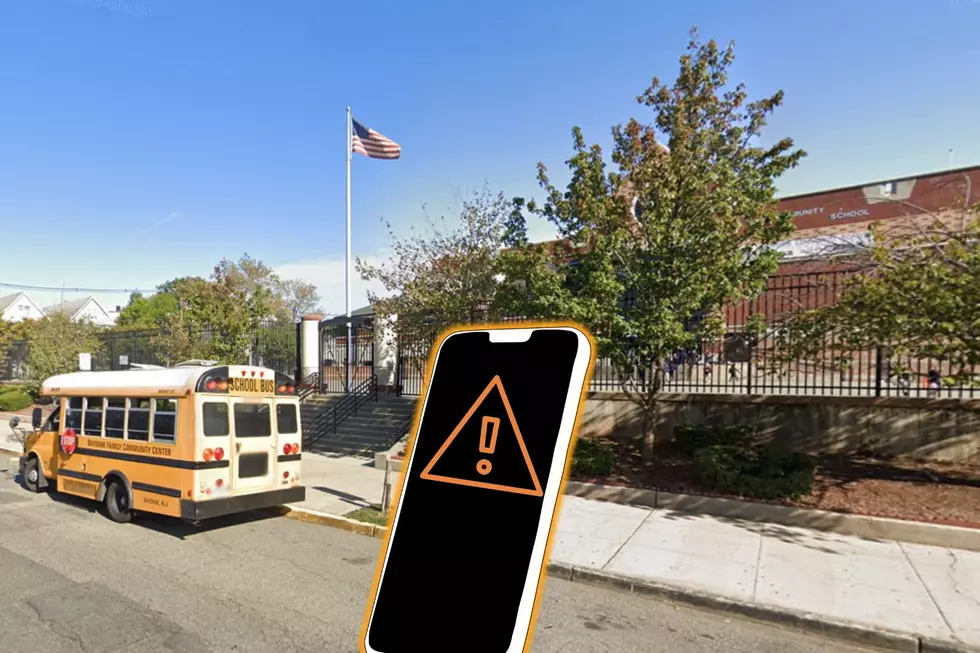
Drones in the skies — Watch where you’re going!
The skies over New Jersey and surrounding states are becoming more and more crowded with drones.
According to the Federal Aviation Administration, 722,000 drones are now registered (as is required by law) but as many as 2 million drones may be operating across the country, and the FAA estimates that number could jump to 7 million by the year 2020.
“Unknowledgeable people are buying these things and through not knowing what they’re doing they can create a hazardous situation for other pilots,” said Chuck Gullage, a small unmanned aerial systems certified commercial pilot and New Jersey drone expert.
He said many types of drones can easily fly up into the airspace where there are big commercial airplanes fly.
If this happens “a GE turbo fan jet engine, I think, could probably handle ingesting a drone — but it’s certainly not something you would want to do. But it is a distraction to the pilot, and the pilot not knowing what the situation is may take evasive action to avoid hitting the drone and may actually get in an accident,' he said.
Gullage said a sophisticated drone is easily capable of reaching altitudes of 2,000 feet.
“They’ll buy a drone, take it out of the box, charge all the batteries up and then immediately see how high it’ll fly. And at 2,000 feet you have a lot of other air traffic operating at that altitude, so there could be a collision or a near-miss — and it’s happening more and more frequently,” he said. “People do unfortunately act stupid and they, in some cases, have very poor judgment.”
He noted commercial drone pilots are now required to follow new regulations, and communicate where their drones will be operating. He said if it’s within a few miles of an airport, it’s important to contact air traffic control advise them of what you’re doing.
If they have an issue, “they’ll tell you no, stay out," he said.
He said federal law now bans the use of drones over sports stadiums because “you could possibly lose control of the drone, have it fall out of the sky and land on someone in the stands.”
He pointed out New Jersey law prohibits drones to be used over state parks because people go on a picnic or a hike, “and the next thing you know you have noisy drones hovering over you and so it’s just an annoyance issue.”
Gullage said with so many drones now flying all over the place, the industry is certainly going to be more and more regulated, and the FAA may require licenses for all drone owners, not just commercial pilots.
“Those without a commercial license may think the rules don’t apply to them, but they are wrong, and they could face penalties by local police and the FAA if they are caught breaking those rules,” he said.
According to current FAA safety guidelines, individuals flying for hobby or recreation are strongly encouraged to:
• Fly at or below 400 feet and stay away from surrounding obstacles
• Keep the drone within sight
• Never fly near other aircraft, especially near airports
• Never fly over groups of people
• Never fly over stadiums or sports events
• Never fly near emergency response efforts such as fires
• Never fly under the influence of drugs or alcohol
• Understand airspace restrictions and requirements
Recreational operations are not permitted in airspace around most major airports without specific air traffic permission and coordination.
Failure to register an unmanned aircraft may result in regulatory and criminal penalties. The FAA may assess civil penalties up to $27,500. Criminal penalties include fines of up to $250,000 and/or imprisonment for up to three years.
More from New Jersey 101.5:
More From New Jersey 101.5 FM









